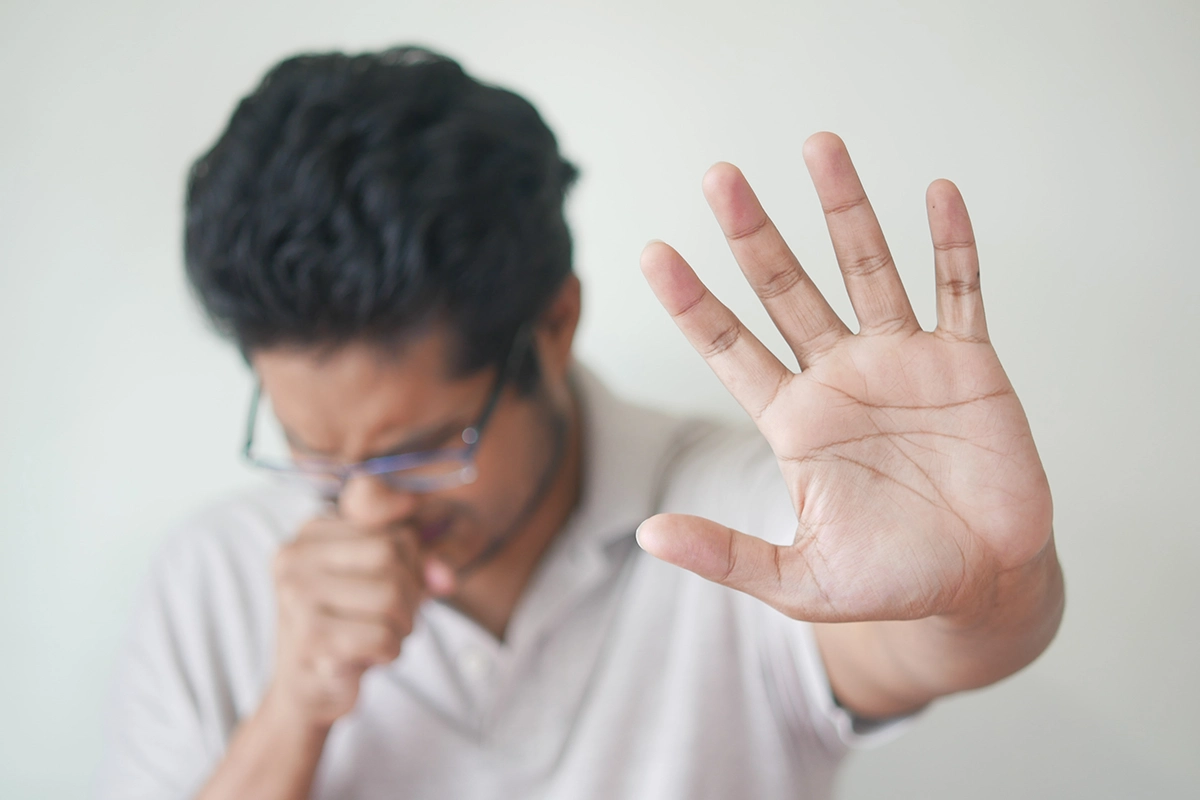
How do we ensure clean air or Air Security as a human right?
You have roughly one in two chances of inhaling air that exceeds World Health Organization standards for air pollution if

There are a variety of things that can cause indoor air pollution, and women are particularly vulnerable to its effects. Things like cooking fumes, cleaning products, mould, and dust can all contribute to indoor air pollution. Women are more likely to be exposed to these things daily, whether working at home or spending more time indoors.

You have roughly one in two chances of inhaling air that exceeds World Health Organization standards for air pollution if

It’s funny how often we get confused between Air security and Aviation security, but we fail to realise how both

While both men and women are susceptible to indoor air pollution’s harmful effects, women are more vulnerable to its effects.

As very few people are aware of indoor air pollution, they don’t know how water leaks worsen indoor air quality.

The indoor environment plays an important role in human health. There is a lot of literature describing how indoor air

Tobacco and humans have had a very long association. Archaeologists have found the use of tobacco since 1 BC in